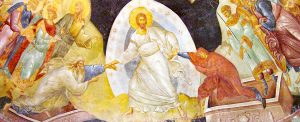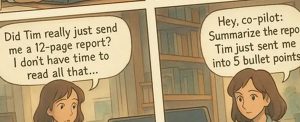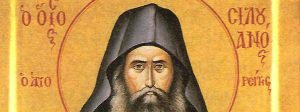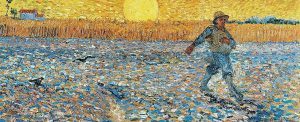Today at TheTorah.com, Prof. Rabbi Herbert Basser writes:
Why does Rabbi Ḥiyya bar Abba question whether the word “good” appears in the first version of the Decalogue—when the Masoretic Text (MT) clearly omits it? Why do some midrashim speak of God dividing the nations among seventy angels—though Deuteronomy 32:8 says nothing of angels? These phrasings align with the Septuagint (LXX), as do the Haggadah’s emphasis on God’s sole role in the exodus, the wise son’s inclusive phrasing, and the image of God’s outstretched arm…
This was also the case later in Jewish tradition, where scribes of rabbinic works adjusted the biblical texts to follow the Masoretic reading, even if doing so obscured the original point or proof of the midrash. Nevertheless, a careful look at some midrashim shows that the rabbis were, in some cases, still cognizant of variant readings and sometimes even made use of them. Even in the rabbinic period, where only the MT was considered authoritative, the influence of LXX variants still made themselves felt.






